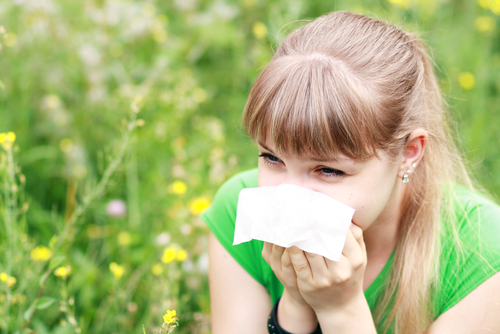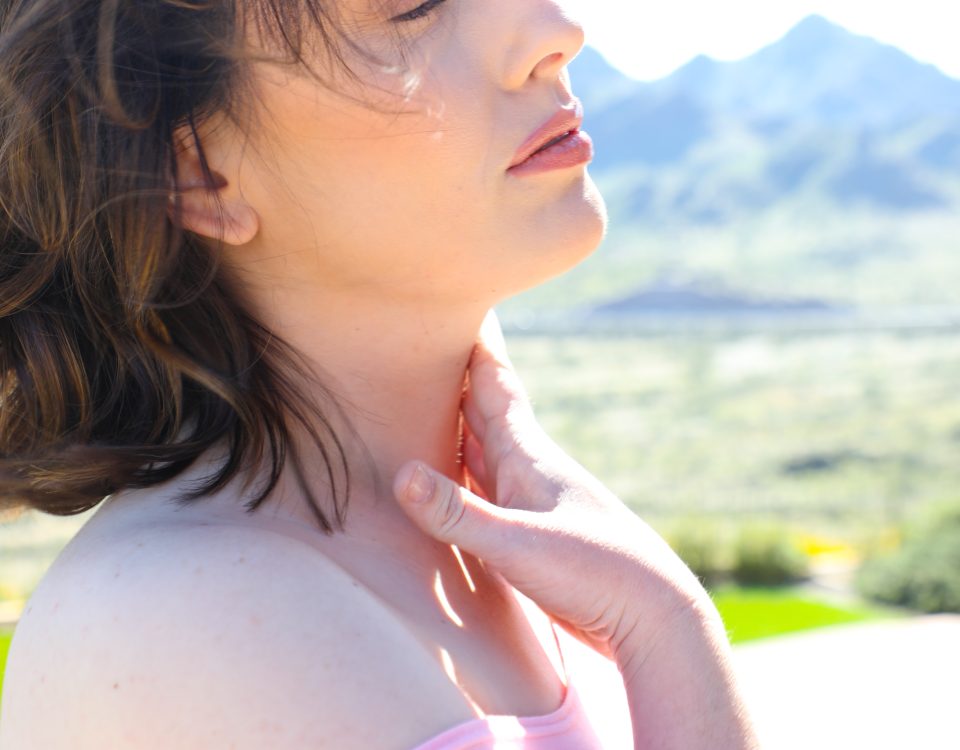Whether you have outdoor or indoor allergies, they are a big thing and affect many people. Sometimes, they cause symptoms you would not expect. There is the classic itchy eyes, runny nose, hoarse voice and dry cough, but they can also make you feel run down. You just feel tired for no clear reason. Some people find they are not sleeping as well. That may be tied to not breathing effectively. Some experience more aches and pains, which can all come from allergies.
What causes allergic symptoms?
With airborne allergies, your immune system is trying really hard to protect you. In general, it is more apt to attack something harmless than it is to ignore something dangerous. So, rather than miss some bad bacteria and have it hurt you, your body is going to make the mistake of attacking pollen because it looks like the bad bacteria. When this happens, you experience the symptoms.
Thankfully, the symptoms are very manageable, but a lot of the common ways they are managed are not super effective. In terms of medicines, there are not a lot of options. For starters, there are the medicines that have D in the name, such as Zyrtec-D or Claritin-D. The D is for decongestant, but it is a version that is not safe for those with thyroid disease (It says this in the very fine print). So, know you cannot take these if you have thyroid disease, as it can be dangerous to your heart. The other issue about the regular medicines is they come in two varieties: They either work and knock you out, or they do not work and do not knock you out. Here is why: Histamine is a pain in the butt when you get too much in your sinuses, but you need to have some in your brain to feel alert, focused and energized. The conventional medicines cross into the brain and block histamine in your head all across the board. They block it in the sinuses and also the brain. That is why Benadryl (diphenhydramine) is used as a sleep aid.
Allergies are treatable, not as much by medication as there are by strategy. So, what is the strategy? The first thing to think about is hydration. Imagine your nose as a garbage disposal. You have things in your sinuses like the little blades in the garbage disposal. They continually pull pollen and debris back to your throat where you can unload it in some way. Now, imagine the garbage disposal when the water is not running. It is not very effective. Things build up and get stuck in there. It’s the same way for your sinuses. So, you want to hydrate inside and outside.
Hydrating inside means to drink lots of water. There is no real substitute for water. For most of us, we want at least three or four quarts a day. You want some version of purified water. Do not stress about reverse osmosis (RO) or distilled water leaching minerals out of the body. It does not work that way, thankfully. Do not stress about PH or magnetic things that are harmless enough, but drink purified water of some sort. Reverse osmosis (RO) works especially well. Also, your thirst is not always a good indicator that you need to drink water. It is totally possible to not feel thirsty and be chronically dehydrated. To overcome this, drink three or four quarts a day for a few weeks. You will probably feel thirstier afterward and have a more normal thirst response.
The other part of hydrating is external. The more you hydrate the sinuses on the outside during the tough times, the better they will do. There are two ways to do that. The easiest one is using saline sprays, as they are harmless and somewhat helpful. The most effective thing to use is a neti pot. They’re fun and look like Aladdin lamps. You take the pot and put warm water and some salt in it, and you pour it through. It actually loops out and cleanses the upper and lower sinuses really effectively. Afterward, a great trick is to take a cotton swab with some coconut oil and moisten the sinuses with it. That seals in the moisture from the rinse. Hydrating it pulls out all the junk and makes the garbage disposal run better. It takes all the debris and lets your body move it out effectively.
Now, let’s talk about managing the histamine. I mentioned how the medicines either make you go to sleep or do not work. Thankfully, there are some really good, natural anti-histamines. My three favorites are Andrographis, quercetin and freeze-dried nettles. They work by slightly different mechanisms, but they all do a really good job at making your body less apt to pour a lot of histamine into your bloodstream. The nice thing is they are all quite harmless and safe without any big drawbacks. The nettles are distinct in that they are the quickest acting. You can take them and see some effects in a matter of hours. The others can take a few days, but they may be stronger. So, I really love combinations of the three of those.
The nice thing is there is now a good method of desensitizing. As a kid, I went through the scratch test and the allergy shots, and it was fine. Although it probably reduced some of the allergies, I did not like it. We have come a long way since then. Blood tests are now much more accurate and way easier. They can check for a large variety of outdoor and indoor allergens. Even if your symptoms are seasonal, it is good to know about indoor allergens. Even if they are not the sole culprits, they may be contributing to more severe reactions. So, be sure to sort out both your indoor and outdoor allergens. Along the same lines, it is also good to know about food allergies or food intolerances. They also may not be the sole factor of your seasonal symptoms, but if they are affecting you, they will make the seasonal symptoms much worse. Along those lines, the biggest food culprit is dairy. Even those without dairy allergies notice that if they cut out dairy during those times of the year, they become a lot less symptomatic. Once you have a strong sense of what your culprits are, a great treatment is a sublingual immunotherapy (SLIT). It’s the same concept as allergy shots, but there are no needles, and you do it at home. It’s a once-a-day spray, and over the course of 12-18 months, you can turn off half a dozen or so allergens. By “turn off,” I mean they are gone. You are allergy free! So, for future seasons you can do things besides worrying about your allergies.
Be aware of your allergies. They can be a nuisance and the cause of hidden symptoms. The good news is they are treatable!










